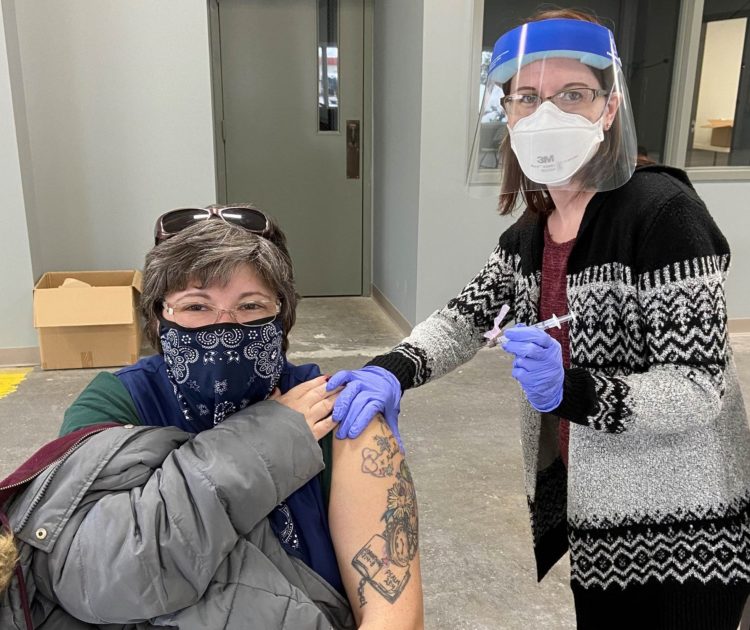The world has been an unsettling place recently. The use of alcohol and other substances has surged.1,2 Addictive behaviors, such as compulsive gambling, are also on the rise.5 On top of that, studies suggest that fewer people, including those with substance use disorders, are currently seeking needed care.3,6
Under the limits of life during a lockdown, people have struggled to cope. Those coping with addiction, whether they realize it or not, likely need support even more now. Yet, supporting someone with an addiction is not easy. You may not know how to talk to them about it, or the situation feels uncomfortable and overwhelming. But, through adopting the right mindset and being intentional about what you say, you can show your loved one, friend, or co-worker that you’re there for them.
Understanding the Person and Their Addiction
Before you talk with the one you care about, try mentally walking in their shoes, and resolve to treat them with dignity and respect. Some may look down upon and blame those with addiction, rather than seeing their addiction as an illness that needs care. As a result, they may treat them harshly. Removing any stigma around addiction is one of the first things to be aware of when speaking with someone about their addiction. To get past any such bias, it’s often good to take some or all of the following steps:
- Separate the problem from the person. For example, drinking too much can be harmful, but the act itself doesn’t make the user bad.
- Follow the Golden Rule. Treat the person the same way you would want them to treat you. When you respect someone, you not only consider their feelings, rights, and wishes, but are able to appreciate their abilities, qualities, and achievements.
- Do some research. Get a better understanding of the addiction and the treatment options available. Reading up on the topic or visiting support groups may offer more insights. An addiction can often signal a deeper problem. Emotional, psychological, or mental health issues may be contributing factors. Knowing the potential causes can give you a more complete picture of the person and the situation, and help you empathize with them.
- Be patient. Realize that the individual may resist change. Positive motivational methods such as Community Reinforcement Approach and Family Training or CRAFT4, for example, emphasize using encouragement and related strategies to convince someone to seek help.
These options can open the path to recovery through a meaningful discussion.
Starting the Conversation
Find a time when the person isn’t actively using or upset. The Substance Abuse and Mental Health Services Administration (SAMHSA) suggests seeking a private setting such as at home or on a walk.
Before you talk, consider the words you’ll use, which can affect how the individual feels and responds. Avoid terms with negative connotations such as “addict,” “alcoholic,” or “drug abuser.” Compassionate alternatives include “person with an addiction” or “person who misuses ____.”
While not an exhaustive list, here are some ways to begin the conversation:
- “I’ve been worried about you. Can we talk? If not, who are you comfortable talking to?”
- “I’m concerned about your ____ use. Do you want to talk about it? I’m here to listen and support you.”
- “I want to check in with you because you haven’t seemed like yourself lately. Would you like to talk about what’s going on?”
Don’t interrupt or try to control the conversation. Resist the urge to “fix” things. Simply listen and offer words of encouragement. Emphasize that you’re there, you care, and that the person is not alone. They might not be ready to talk or get help at first, but through regular attempts, they may eventually open up.
The recovery process is never easy or quick but no one needs to go it alone. Support groups, a doctor, or a mental health professional are there, not only to help the person in need of treatment, but also those that care for that person.
If you or someone you know struggles with an addiction, we can help. We offer a full range of addiction recovery treatment options, including therapy and tele-mental health services. Contact us today. For more immediate assistance, call our 24-hour Crisis Hotline: (518) 483-3261 or (518) 891-5535.


 Previous Post
Previous Post


